Democratic Republic Of Congo
In a significant step toward ending years of violence, the M23 rebel group and the government of the Democratic Republic of Congo (DRC) have signed a ceasefire agreement aimed at halting fighting in the country’s troubled eastern region.
The agreement was signed on Saturday in Doha, Qatar, and commits both parties to a permanent ceasefire. The deal also includes a pledge to refrain from hate speech and to stop any attempts to seize new territory by force.
The African Union welcomed the announcement, describing it as a “major milestone” in the broader efforts to bring lasting peace and stability to eastern DRC and the Great Lakes region.
M23 rebels launched a major offensive earlier this year, capturing strategic cities including Goma and Bukavu. The campaign resulted in the deaths of thousands and forced hundreds of thousands of civilians to flee their homes, deepening the humanitarian crisis.
An official familiar with the Doha negotiations said the agreement includes a roadmap for restoring state authority in rebel-held areas and lays the foundation for formal peace talks in the near future.
Despite a pause in major offensives since February, intermittent clashes between M23 fighters and pro-government militias have continued.
Eastern DRC has been plagued by conflict for over three decades, driven by ethnic tensions, regional rivalries, and the struggle over rich mineral resources. Whether this latest ceasefire will hold remains uncertain, but it provides a much-needed glimmer of hope for a region long marked by violence and instability.




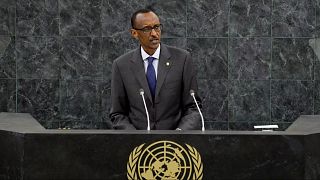
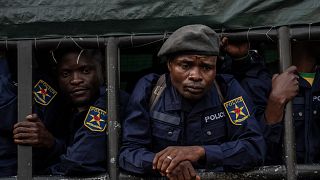
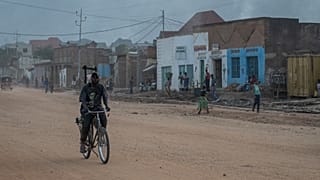
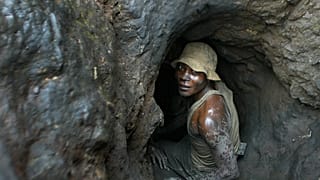

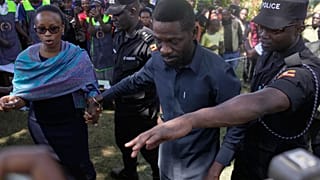
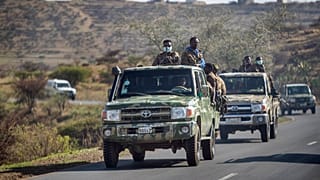
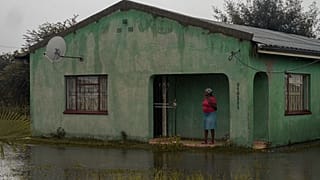
02:19
DRC: Artists call for peace at Tumaini festival
00:01
Uncertainty in Uvira as M23 rebels again announce withdrawal from eastern DRC city
00:53
United Nations says more than 50 Congolese refugees have died in Burundi
01:36
DRC: Funeral held for victims of drone strike blamed on govt forces
Go to video
Renewed fighting near Uvira raises tensions in Eastern DR Congo
01:36
DRC, Liberia among five new non-permanent UN Security Council members